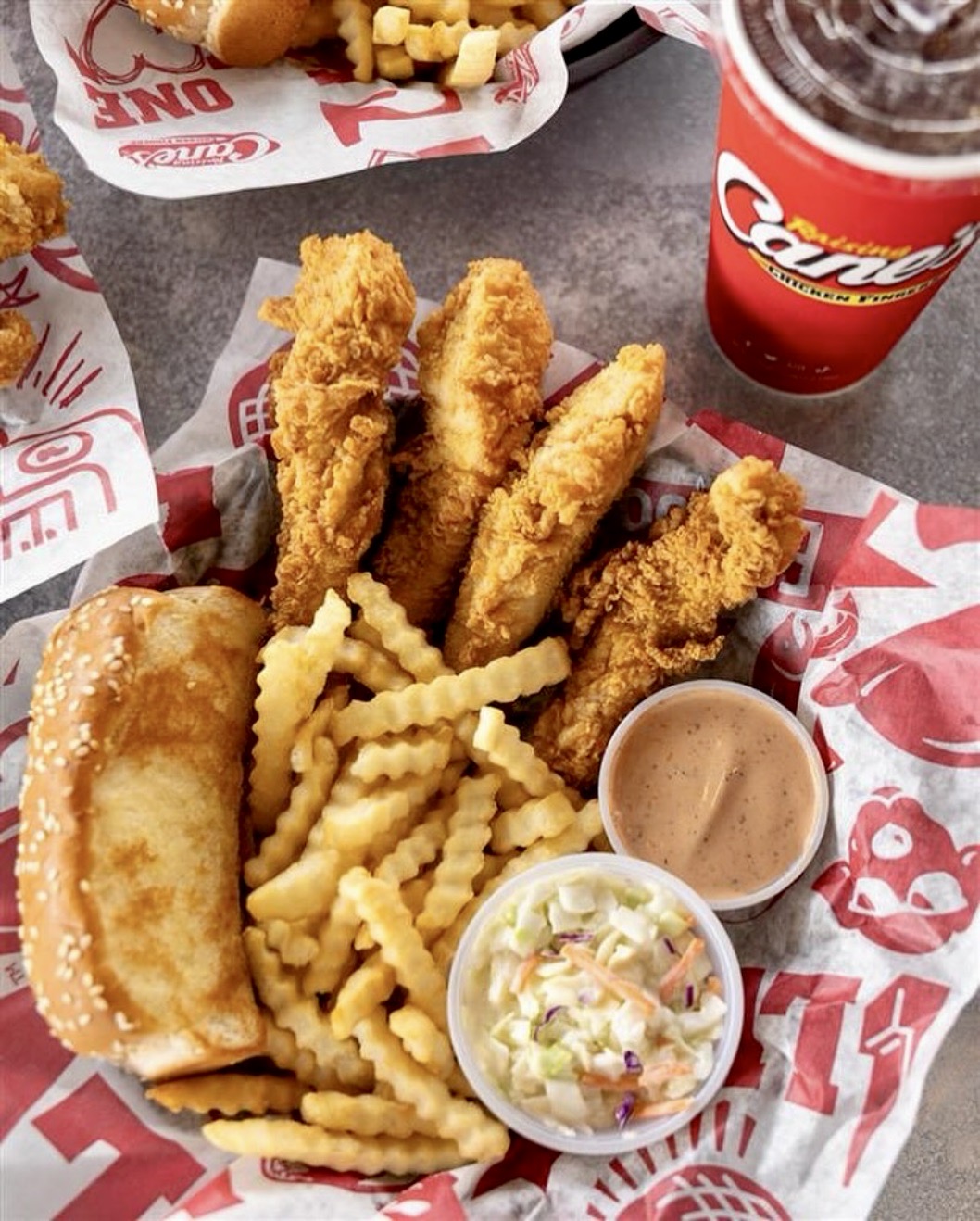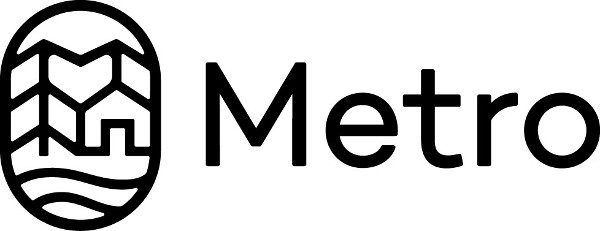The Standard Steel Company opens new headquarters
Published 12:00 am Thursday, August 4, 2016

- A worker monitors the high definition plasma burning machine as its fired up, making sure the heat and torch are positioned accurately.
In a devastating 1980s bankruptcy, a fourth-generation family steel distributor went out of business after nearly 45 years.
Trending
“I cried for three days,” said CEO Leland Waltuck. “I picked myself up and dusted myself off and said I’ll have to start over.”
And he did, successfully: this week, Waltuck threw open the doors to his new facility at an open house.
At its location along Columbia Boulevard, Portland-based Standard Steel Companies held an open house Wednesday to showcase the line of carbon steel it distributes, and more.
Trending
Under the Standard Steel umbrella, there is a wholesale brokerage and a secondary steel yard. The product line is all steel carbon — no non-carbon aluminum, stainless alloys or specialty metals.
Waltuck has three daughters who have been periodically involved in the business, along with one daughter’s husband.
Most of his nearly 50 employees pull bars, fill orders, act as salesmen in the yard to help customers find what they want, drive delivery trucks and operate machines. In-house machines include shearing, sawing, laser, plasma, iron working and punching.
The steel is mainly sourced domestically from Nucor mills in Seattle and Utah, Cascade Steel in McMinnville and Portland-based Evraz Oregon Steel Mills. Standard Steel ships anywhere within 150 miles.
“We also buy imports when a good import buy comes along, but only a small percentage,” Waltuck said.
In 2015, Standard Steel made a big sale to Hoffman Construction to build wings and a hangar for Boeing’s 767 airplanes in Everett, Washington. It took 25 truckloads to transport all the steel up there.
“We’ve been running up the freeway to Everett, Washington the whole year,” Waltuck said. “That’s a large kind of customer.”
Customers can be anyone from parents building a driveway basketball hoop or home designers installing decorative fencing to Portland General Electric’s towers and repairs, which use a huge amount of steel.
It was 1945 when the company was first founded as the Standards and Junk Co. by the current CEO’s father and grandfather. After going out of business shortly in 1989, it appeared again as the Steel Yard on a liened property at 6880 N.E. Columbia Blvd., where it stayed for 27 years.
The steel industry has always been a part of Waltuck’s life.
“I’m 75. I started almost 70 years ago when I was six,” Waltuck said. “My father and grandfather started the business, and the hook was in deep early on.”
On May 30, 2016, Waltuck opened the newly finished property at 1745 N.E. Columbia Blvd., gutted the existing building and constructed two more, along with installing landscaping, bioswales and sidewalks along the roads.
“We’ve got it down to a real science for consumers: we put together a new facility with a lobby and showroom space, which is atypical,” Waltuck said.
The struggle that brought the family to this point shows their deep involvement with the steel industry and their business.
Waltuck’s father came to Portland in 1940 from Vancouver, B.C., met Waltuck’s mother and stayed. He was born in 1941.
“The war was going on, steel was impossible to get because it was all going to the war effort,” Waltuck said. “My father and grandfather were in the bottle business, recycling and cleaning bottles — recycling of everything was big business in World War II.”
“My father said to my grandfather, ‘There must be a better way to make a dollar,'” Waltuck said. “‘I think steel, material and equipment looks to be better because lots of it is now coming back from the Pacific war,’ and grandpa said OK.”
In 1945, the Waltucks opened the Standard Junk Company.
“As the years went on, I kept coming down on Saturdays. I love it, loved the business,” Waltuck said. “I was just a little kid working out in the yard trying to be a salesman — ‘Yes sir, we have it over in this pile or that pile’ — my first sale was $150, and I was so proud.”
By the 1950s, the Waltucks moved away from equipment, machinery and scrap towards new steel, changing the name again to Standard Steel and Metal Company.
“We got away from the ‘junk’ name mainly because we weren’t in the scrap business anymore,” Waltuck said. “We got into almost 95 percent new steel and we could make deliveries, and we became the Standard Steel Companies in the ’70s.”
They expanded, building warehouses in Wenatchee and Pasco Wash., Albany, Salem and two more Portland locations.
Through years of experience, the Waltucks learned strategies to improve efficiency in their facilities, knowledge they used in their new build.
At the former location, there was no lobby and no sales desk. That site was three different pieces of land with the railway running straight through it.
“We had a tiny little nothing of a lobby, we were in cramped quarters for 27 years across three different yards,” Waltuck said. “The railroad went through between the yards, constantly disrupting and noisy. We somehow persevered with hard work and we paid our dues.”
Stepping into the new lobby, customers are greeted by a secretarial desk to the left, a sales room straight ahead, a steel showroom to browse through on the right and a gallery of steel art all around.
The showroom has tables and baskets filled with decorative stamped metal, hardware, iron shapes for handrails, little pieces of plates and odds and ends. There’s also safety equipment such as hardhats, shears and flashlights.
“This is what Street of Dreams loves: it’s a candy store that caters to people building things on their own,” Waltuck said. “The ornamental area, nobody else has it north of Burbank, Calif. — it’s never been done before in the Pacific Northwest.”
There’s a conference room, locker room and lunchroom in the main showroom, and two new warehouses that include re-routing traffic to make a mega-drive-through by the rows of plates, bars and pipes stacked on 517 blue racks. Overhead, a crane made in Tigard helps move the heavy material.
But it wasn’t easy for Waltuck to make it this far: disaster struck the company in 1979 when the U.S. government put in an order for nuclear reactor parts that could only be ordered from Europe and Japan. Between the time the Waltucks ordered the steel and it was in transit on the ocean, the government found safety problems with the nuclear reactors and cancelled the order.
“My choice was to sue the U.S. government with 20,000 attorneys and be in court for 20 years, or try to make a go of it,” Waltuck said. “Well, I tried to make a go of it, but this was 1980 and we were in the worst recession we had been in since 1920.”
“Not only did we have items very difficult to sell, but we had an overabundance of it, we had no market and prices had plummeted,” Waltuck said. “No matter what we sold it for we were going to take terrible losses. We staggered on, and were thrown into bankruptcy in 1983.”
The Waltucks came out of it in 1986 with a much smaller company, financed by a large bank who wanted them to be a wholesaler rather than a retail distributor. Between bank mergers and closures, the banks called in the lines. The Waltucks, having just come out of bankruptcy, couldn’t pay up. The bank took over the company in 1989 and ran it until November, losing $3 million.
After crying for three days, Waltuck picked himself up, dusted off and started from scratch. That summer, he started The Steel Yard along Columbia Boulevard.
“A lot of my old crew waited to see what I was going to do, came back to me and we started,” Waltuck said. “In 1990 we moved into Columbia, where we have been for 26 years.”
“Now finally, in 2016, after renting three pieces of property for 26 years, I was able to purchase with the help of my bank this property, get it through the DEQ, please the City of Portland to get all the permits done, and put the whole package together at the age of 75,” Waltuck said.
He’s quite proud and excited for his new facility, not only as a functional working location but also a spacious office to display his family’s memorabilia from their struggle through the American steel industry.
The steel art gallery is mostly Waltuck’s personal collection, put together over the past 50 years. A large dragonfly welded from found metal objects hangs above the fencing ornaments, and was created by a local artists in Kernville, Oregon.
A dog with glowing red eyes and a chain collar was made by a customer 40 years ago from leftover parts he had bought here.
On top of art, decades of trophies, awards and memories fill glass cases lining the halls and his office. Waltuck brought all the family history with him.
“I save everything. I have boxes of stuff I have been saving, hoping to have a place to display it someday,” Waltuck said.
jrogers@pamplinmedia.com






